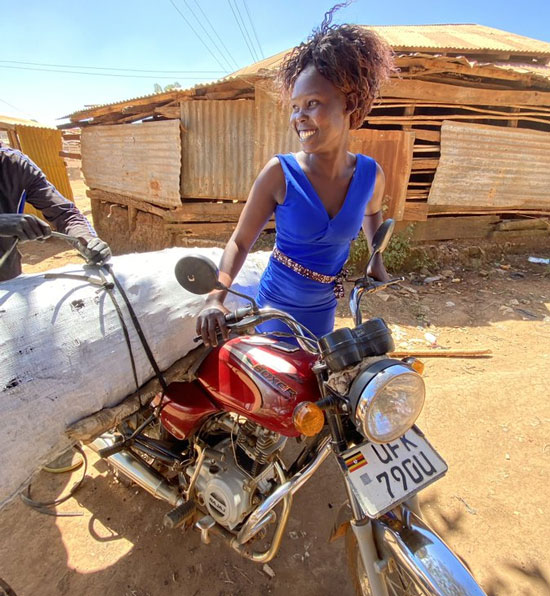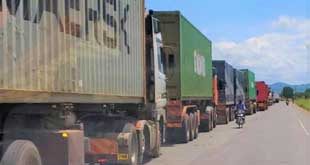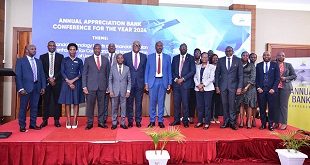
Gulu, Uganda | THE INDEPENDENT | Illegal charcoal trade has continued to boom in Northern Uganda with the support of boda boda cyclists.
In May, President Museveni issued Executive Order Number 3 of 2023, banning charcoal trade in Northern and Eastern Uganda, to bring an end to the indiscriminate cutting of trees and its subsequent effect on the environment.
Following the ban, leaders in the affected areas embarked on impounding tracks carrying charcoal and levying fines on the owners.
However, a report from the Inter-Ministerial Technical Committee instituted to investigate the extent of the charcoal trade and affected area, has found that traders use boda boda riders to transport bags of charcoal to designated places where they are loaded on tracks.
David Pulkol, who is in charge of giving technical advisory support to the team, says the boda boda riders carry bags of charcoal from Northern Uganda across Karuma, where they are loaded on trucks and transported to central Uganda.
Charcoal traders prefer charcoal from indigenous tree species that take decades to mature. This has raised concerns about the ability to sustain the growing charcoal demand and its environmental impact.
According to the National Charcoal Survey of 2015, northern Uganda produces 40.9 percent of charcoal that is supplied across the country, making it the biggest supplier of charcoal in the country.
Charcoal remains the fuel most used by households in Uganda.
Pulkol notes that the forests are facing severe pressure, because of demands from other countries such as Kenya which also banned the charcoal trade, and some industries, due to the fair prices of charcoal in nearby towns and urban centers.
He expressed disappointment that as the team moved around to ascertain the magnitude of the illegal trade, they found leaders who should be enforcing the ban engaged in charcoal trade deals.
Pulkol reveals that the traders cheaply hire huge chunks of land and indiscriminately harvest all the trees.
He advised the Ministry of Water and Environment to ensure that those who want to engage in large-scale charcoal production should plant their own trees to be turned into charcoal.
Pulkol also notes that the private sector should skill the locals to turn agricultural wastes into charcoal briquettes, to reduce the pressure on trees.
As the country finds ways to ban illegal large-scale trade in charcoal, Pulkol suggests that an independent body should be instituted to fight the vice, just like it was done with illegal fishing.
Francis Akorikin, the chairperson of Kapelebyong, agreed that charcoal business should be made expensive, saying trees that have lasted several years are being sold cheaply, yet they are hard to replace.
Williams Ayama, the LCV Chairperson Moyo argues that there is a need to clarify how many sacks of charcoal constitute a commercial quantity so that it is easy to implement the ban.
It is estimated that Uganda loses more than 500,000 acres of forests every year. The rate of forest destruction is equated to deforesting 43 football pitches every hour.
****
URN
 The Independent Uganda: You get the Truth we Pay the Price
The Independent Uganda: You get the Truth we Pay the Price


